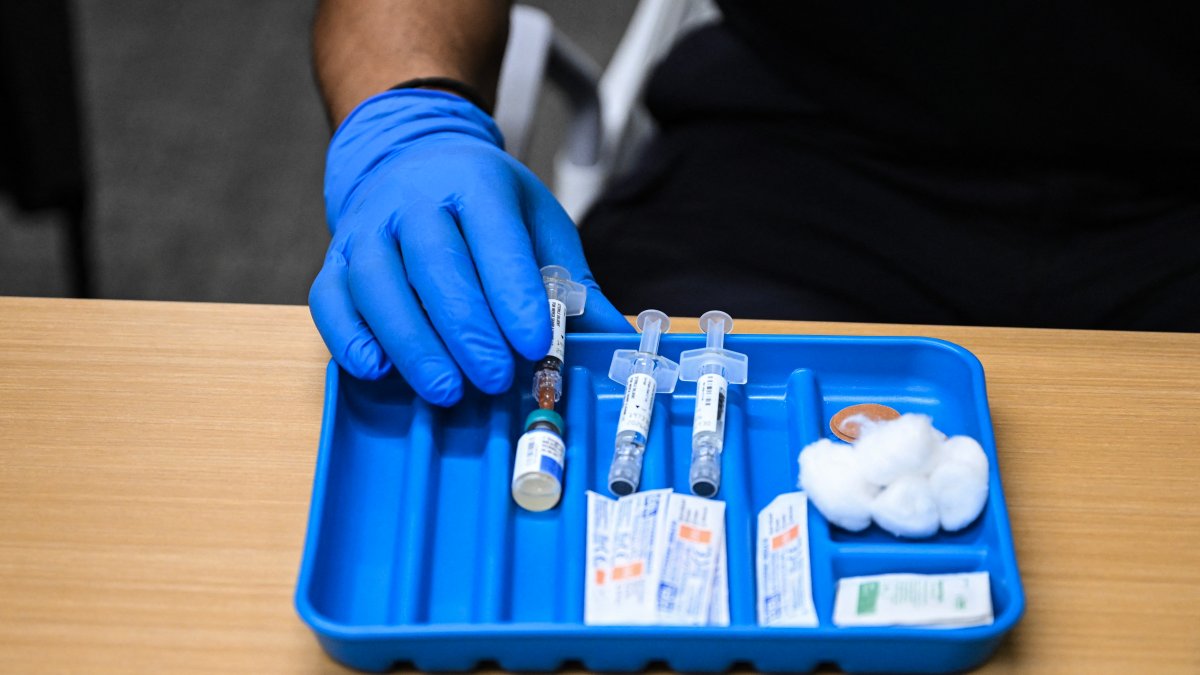Measles Alert: First 2025 Case Surfaces in Virginia, Health Officials Warn

A young child has become Virginia's first confirmed measles case of 2025, health officials announced today. The Virginia Department of Health (VDH) revealed that the patient, a child between zero and four years old from the Northwest region, had recently returned from international travel.
Measles remains a serious public health concern due to its extremely high transmissibility. The virus can spread rapidly through airborne transmission, with infected individuals capable of spreading the disease simply by breathing, sneezing, or coughing in shared spaces.
Health experts are urging residents to remain vigilant and ensure their vaccination status is current, particularly for families with young children or those planning international travel. The VDH is closely monitoring the situation and will provide additional updates as more information becomes available.
Parents and caregivers are advised to consult with their healthcare providers about measles prevention and to stay informed about potential exposure risks in their community.
